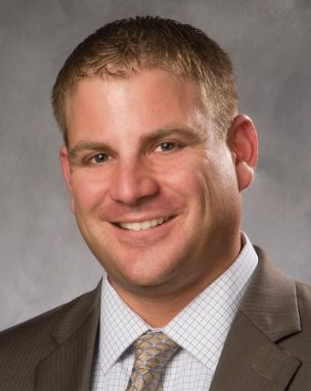In July, we had the pleasure of hosting a panel discussion with financial regulators in Protiviti’s San Francisco office. The discussion was attended by representatives from 25 banks and financial institutions, including Bank of the West, Charles Schwab, First Republic, MUFG and Wells Fargo. The panelists were Robert Coleman, Regional Accountant from the Federal Deposit Insurance Corporation (FDIC), San Francisco region; Tom M. Cunningham, Vice President and Senior Advisor with the Federal Reserve Bank (FRB) of San Francisco; and Derek Nickelson, National Bank Examiner with the Office of the Comptroller of the Currency (OCC). The discussion was moderated by Ariste Reno, Managing Director with Protiviti’s Risk and Compliance practice.
As our colleague Ariste Reno wrote recently, the December 15, 2019 deadline for implementing the CECL framework is looming for public filers, with more deadlines to follow for non-public entities and for smaller financial institutions – although the panelists acknowledged the possibility of the deadlines changing. Those deadlines were updated the following day but only smaller and non-public banks were affected.
The panelists’ discussion and our own experience with clients suggest that virtually all banks have started their CECL journey but that only about 20% are at a high level of maturity regarding their data collection, governance and model validation. Naturally, large banks are at the forefront, driven by higher regulatory expectations.
The panelists emphasized that the regulators’ position when it comes to CECL is not prescriptive – choices of models and scenarios will vary based on each bank’s unique assets, risks and portfolios. What regulators do expect is a demonstrated effort at analyzing loan risk and a strong governance process backed by documented assumptions. Collection of historical data should be underway.
Asked specifically what large banks should expect over the next year, Mr. Nickelson of the OCC emphasized that examiners will be holding quarterly discussions with bankers and are working on scheduling their exams for next year. For smaller and community banks (those with less than $15 billion in assets), the OCC recently completed a national survey on their challenges and will be providing outreach and help to bring them on board.
Considering the non-prescriptive, individualized approach to CECL that appeared to be the message from the panelists, what would it take for a bank to fail the CECL exercise? Mr. Cunningham emphasized the following “success factors”: Be responsible, make a good faith effort, demonstrate preparation and documentation. Emphasis should be on the overall governance and control framework, forecasting process, life of loan analysis and reversion method (the collection of historical data). He also noted that, most importantly, banks must make sure the allowance for credit losses is aligned with the underlying credit risk and quality of the portfolio – that is what Safety and Soundness Examiners will care about the most. If banks get these elements right, they should be in good shape with their CECL efforts.
To learn more about CECL, read additional blogs on the subject.






